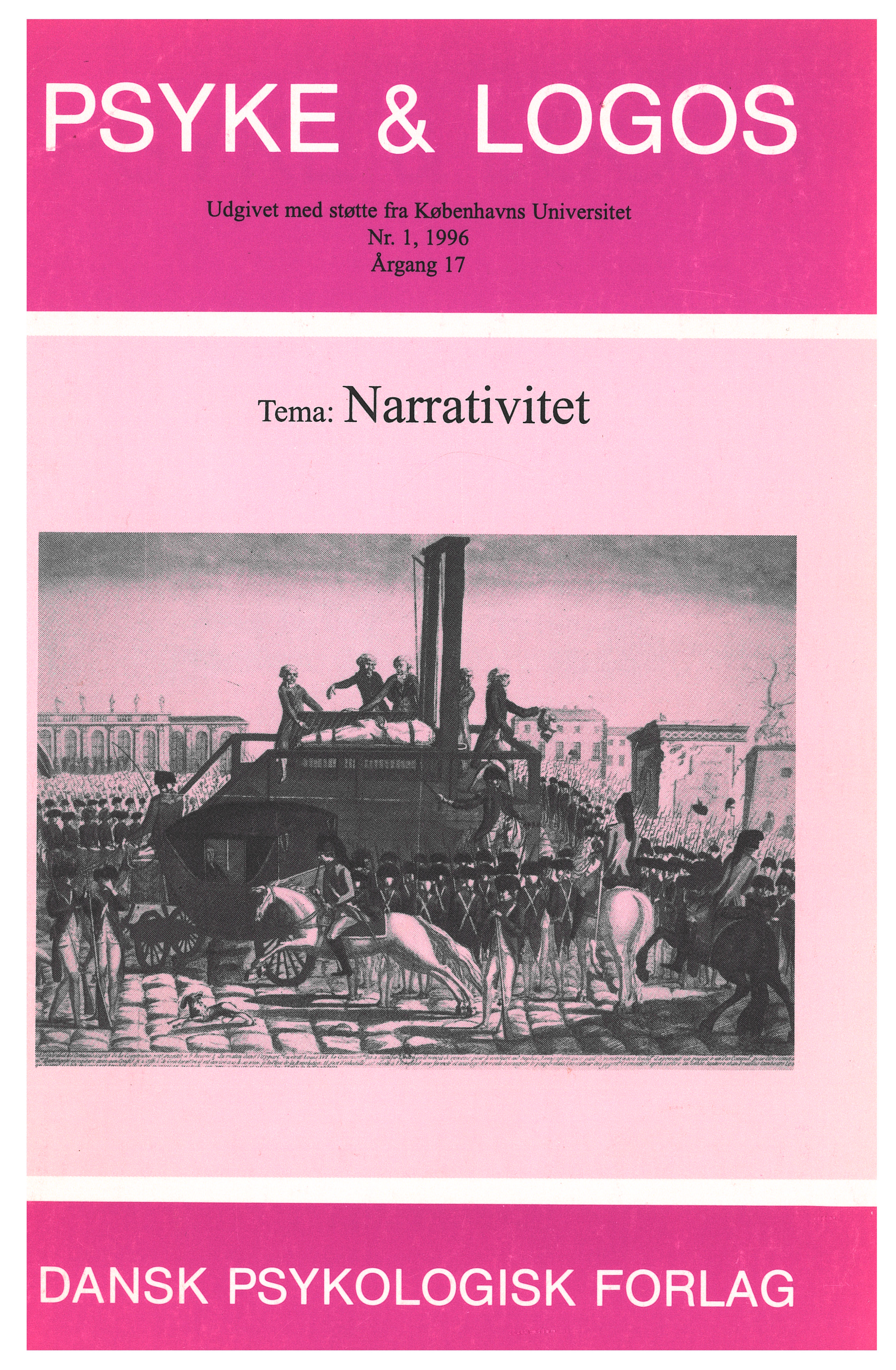PSYKOLOGISK DEBRIEFING OG NARRATIVITET
DOI:
https://doi.org/10.7146/pl.v17i1.133300Abstract
The article describes the background, the idea and the framework for psychological debriefing. Three topics are pointed out as being crucial for the narratives, which the UN-policeman in some cases tells about the experiences, he has had in connection with his service in a war-zone. Its about the feeling of loosing control (over external as well as internal circumstances), feeling incapable of having influence on your own situation, and experiencing yourself as being isolated and alone with your experience. These experiences are not predominant in the overall impression of and among the Danish UN-policemen, but in case of actual post-traumatic reactions, the three topics always appear to some extent. They exist as a possibility for everyone, who engages in peace-keeping UN-missions in a war-zone. Therefore the debriefing is being preventive to these post-traumatic reactions. Three theoretical positions are being pointed out in connection with the debriefing as being basic for the work of preventing exactly these three post-traumatic reaction
topics. The theoretical positions consist in emphasising the fact, that life is continuous change, that meaning results from dialogue and that the basic work-related dilemmas can be dealt with only through continuous reflexivity.
Downloads
Published
How to Cite
Issue
Section
License
Ophavsret er tidsskriftets og forfatternes. Det er gældende praksis, at artikler publiceret i Psyke & Logos, som efterfølgende oversættes til andet sprog, af forfatteren frit kan publiceres i internationale tidsskrifter, dog således at det ved reference fremgår, at den oversatte artikel har et forlæg i en dansksproget version i Psyke & Logos. Artikler kan frit deles og linkes til på forsknings- og undervisningsnetværk (så som Blackboard). Link foretrækkes, fordi det giver oplysning om brug af tidsskriftets artikler.




